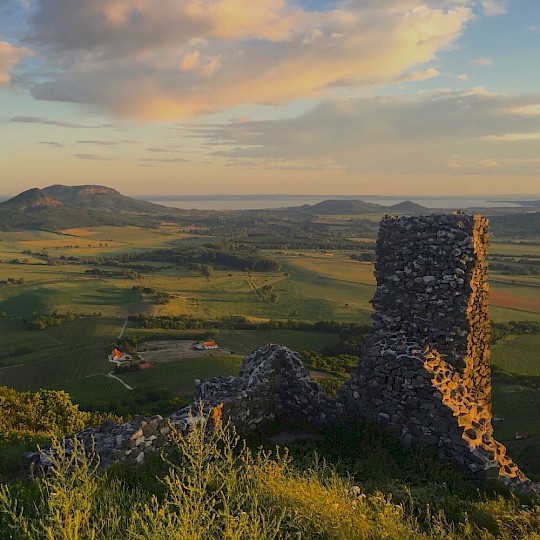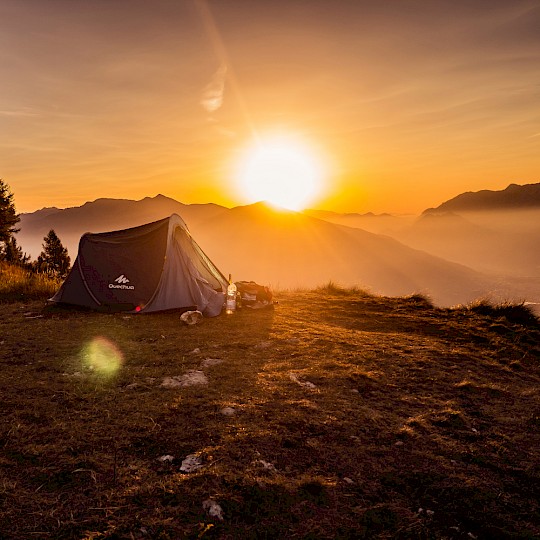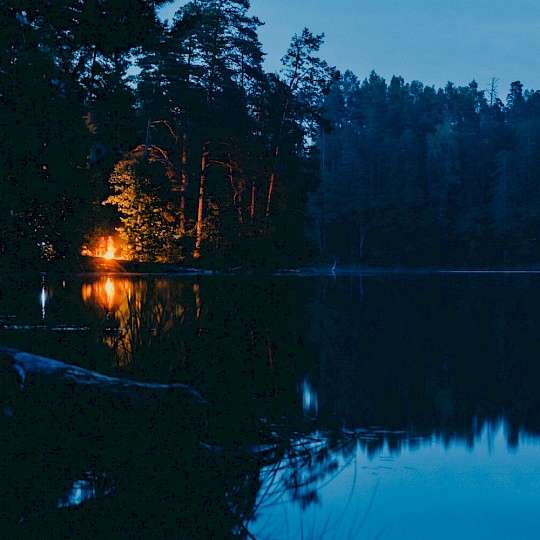Fact #1 - Bloody Origin of the Flag
Duke Leopold is said to have taken off his clothes after a battle and waved them through the air. She was so saturated with blood that only a white stripe of his belt could be seen.
Fact #2 - Oldest Zoo
The zoo in Schönbrunn was founded in 1452 and is the oldest zoo in the world that is still open. It is home to over 717 different animal species and is now a UNESCO World Heritage Site.
Fact #3 - Spielberg's ancestors
Steven Spielberg is one of the biggest names in the film business, and his name comes from Austria. More precisely, from the city of Spielberg, where his ancestors lived before they emigrated to the USA.
Fact #4 - Back to the Future of Austria
Good news, the Federal Ministry of Transport, Innovation, and Technology declared in 2015 that no driving license is required for hoverboards. Now we only need hoverboards...
Fact #5 - Oldest newspaper
The oldest still appearing daily newspaper in the world comes from Austria. It is the Wiener Tageszeitung, which first appeared in 1703 as the Wiennerisches Diarium.
Fact #6 - Cow dung
Every year in Tyrol the Austrian championship in cow dung throwing takes place. The winner receives the "Goldene Kuhflade". By the way, it is forbidden to add cement to the cow feed, this is considered doping.
Fact #7 - Cow blasting
And another fact about cows. In Vorarlberg, it was legal until 2011 to blow up dead cows on a steep slope to dispose of them. Meanwhile, the country pays for disposal.
Fact #8 - Special place name
In Upper Austria, there is a small village Fucking. The place-name signs are so popular that they are now embedded in concrete and welded on. Also, a beer, more precisely a light beer, carries the place name: "Fucking Hell".
Fact #9 - Special streetcar
London is famous for its red double-decker buses. From 1913 to 1930, however, the Viennese were able to put them in the shade. At that time, three double-decker trams were on the move in the capital.
Fact #10 - Austria attacked itself
In 1778 the Austrian army attacked itself. During this action, they lost up to 10,000 soldiers according to estimates. How exactly this happened is controversial, but it was triggered by a few barrels of schnapps.

























